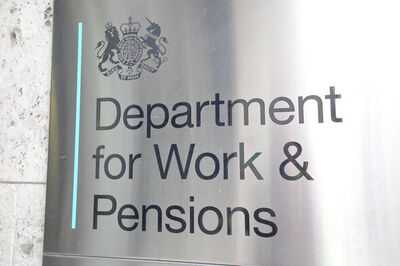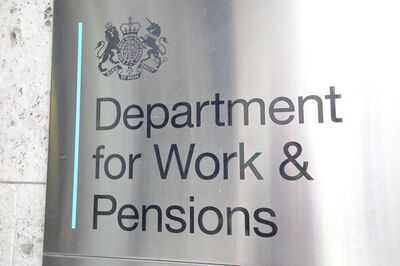
Universal Credit claimants are set to be handed an inflation busting £312 annual increase in 2026 following a law change.
The DWP benefit is the most common benefit apart from the state pension, claimed by 7.5M people in the UK including by those in work as a top-up to income.
All benefits increase each year in line with inflation, but in 2026 an extra 2.3% uplift on top of inflation is being added to Universal Credit due to a law change this year, the Universal Credit Act 2025, which sets out that the benefit will be increased by more than inflation each year until 2030.
With the September inflation figure now set at 3.8%, it means a higher-than-inflation increase of 6.2% for Universal Credit claimants from April 2026, which for a single claimant is an extra £6 per week, or £312 over 52 weeks. The changes are expected to be put in place in 2026 but ministers will have the final say on the figures and the final decision is likely to be included in the Autumn Budget on November 26.
The planned changes to the benefit are part of an overhaul which will see the Limited Capability for Work Related Activity payments cut in half, from £432 per month down to £217, and then frozen, while the standard rate is increased by more than inflation.
It means that Universal Credit would rise from £92 per week to £98 per week for the standard allowance for single claimants, or £145 per week to £154 per week for couples, according to figures from the Joseph Rowntree Foundation reported by the BBC.
Parliament UK explains: "The Universal Credit Act 2025 legislated for changes which will 'rebalance' UC rates from April 2026 by increasing the basic standard allowance that all claimants receive, while reducing the additional payments for most claimants newly found to have disabilities and health conditions that affect their capability for work. The main changes to the UC rates (PDF) are:
"Increasing the Universal Credit standard allowance above inflation over the four financial years from 2026/27. By 2029/30, the UC standard allowance will be 4.8% higher than it would have been under the normal practice of increasing the standard allowance in line with Consumer Prices Index (CPI) inflation over the period.
"Reducing the LCWRA element by approximately half for most claimants newly entitled to it, from £432.27 a month to £217.26 a month, which will then be frozen in each year to 2029/30.
"Creating a 'protected' cohort of existing LCWRA element recipients and new claimants who are terminally ill or have severe, lifelong conditions and are never expected to work."
You may also like

Delhi: NDMC's concert in Nehru Park mesmerises music lovers

Pak Defence Minister warns of 'open war' with Afghanistan if ongoing peace dialogue fails

The abandoned town frozen in time as residents were forced to flee by mistake

'True legend of Indian entertainment': PM Modi mourns veteran actor Satish Shah; praises iconic performances and wit

PM Modi says Satish Shah 'will be remembered as a true legend of Indian entertainment'







